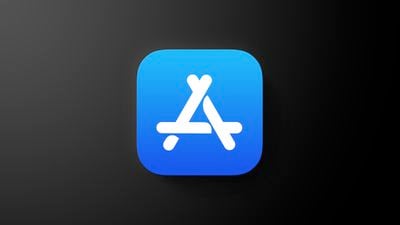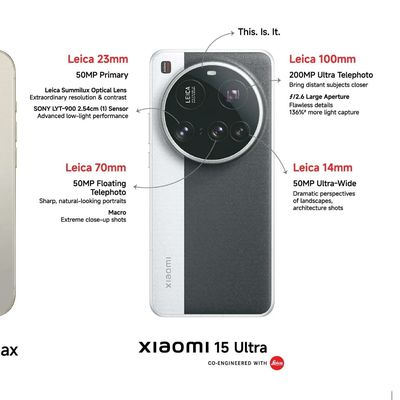The court order that required Apple to collect no fees from developers who link to purchases outside of the App Store is unconstitutional, Apple said today in a reply brief directed at Epic Games and filed with the Ninth Circuit Court of Appeals. Apple argues that it has been stripped of its rights to be compensated for its intellectual property in a ruling that sets a dangerous precedent for all companies.

Judge Yvonne Gonzalez Rogers, who has been overseeing the Apple vs. Epic Games lawsuit, first ordered Apple in 2021 to let developers add in-app links directing customers to third-party purchase options on the web. Apple didn't have to implement the changes until 2024, and when it did, Apple charged a 12 to 27 percent fee for purchases made through links in an app. Epic Games went back to the judge and said Apple was charging "unjustified fees" and should be held in contempt of court.
Gonzalez Rogers agreed with Epic and said that Apple was in "willful violation" of the original order. In April 2025, Apple was given a much more specific mandate to allow linking with no fees and no control over how links are presented in an app, which was a win for Epic Games and for other app developers unhappy with paying fees to link out to the web. Apple implemented the changes, but appealed the ruling.
According to Apple, the 12 to 27 percent fee that it was charging and the rules that it had implemented around link design complied with the original order. The April ruling [PDF] forcing Apple to implement App Store changes said that Apple had not followed the "spirit of the injunction" and had instead used a "dubiously literal interpretation," a point that Epic emphasized in its own filing with the court. In response, Apple argues that this is a weak argument that led to the injunction being expanded beyond what is permissible by law.
The new injunction imposes, in meticulous detail, new design and formatting rules and dictates the messages that Apple may convey to its own users on its own platform. These requirements represent an improper expansion and modification of the original injunction—rather than an attempt to enforce compliance with the original injunction—and violate the First Amendment by forcing Apple to convey messages it disagrees with. Epic doubles down on the district court's emphasis on the "spirit" of the original injunction and Apple’s supposed bad faith, but civil contempt turns on whether a party has violated the actual terms of an injunction—which Epic does not meaningfully try to show
Apple argues that it should be able to ask for compensation for its IP protected technologies, and that the court should have forced compliance with the original injunction instead of rewriting the injunction with new terms that prohibit Apple from collecting fees.
The district court's sweeping new zero-commission rule also is not tailored to Epic's claimed harm, improperly imposes a punitive sanction, and effects an unconstitutional taking.
Should the Ninth Circuit Court find the updated injunction lawful, Apple suggests that the recent Trump v. Casa Supreme Court ruling [PDF] needs to be considered. The ruling said courts do not have the authority to issue universal injunctions that are "broader than necessary to provide complete relief" to the plaintiffs in the case. Epic Games is the only plaintiff in the case, so Apple also argues that the injunction changing the App Store rules for all developers is too broad. Apple says that the injunction should be tailored to Epic and Epic's interests alone.
Epic has never demonstrated how requiring Apple to permit all manner of linked-out purchases from any developer—and prohibiting Apple from collecting any commission on such purchases—is necessary to remedy Epic’s full harm, particularly for linked-out transactions that do not involve Epic. Just the opposite, Epic has lined up amici to describe how they wish to steer on the back of Apple's IP-protected technologies at zero cost to themselves, and not to the Epic Games Store.
... Requiring Apple to permit linked-out transactions to Spotify, Microsoft, or Amazon does not benefit Epic in any way and is not necessary to remedy any harm suffered by Epic.
Apple wants the new injunction vacated, and the original injunction reconsidered to determine whether it is too broad.
As of right now, Apple is required to allow all developers in the U.S. to provide links to external websites with no restrictions on link design and no fees. If the appeals court rules in Apple's favor, Apple could change its App Store rules again to reimplement fees.

















